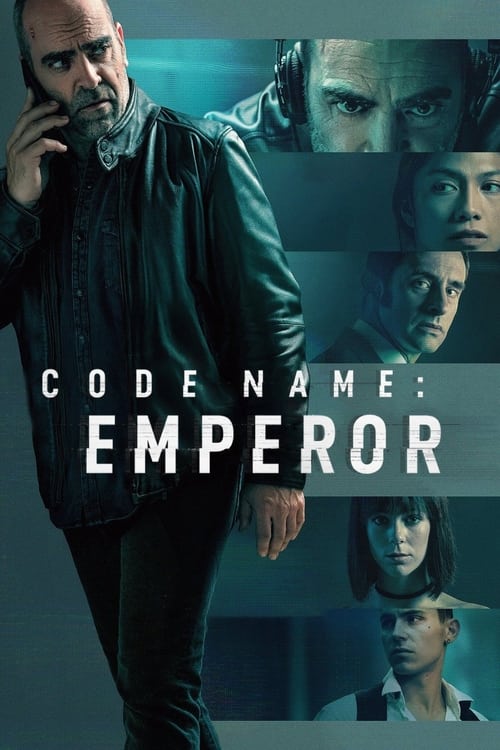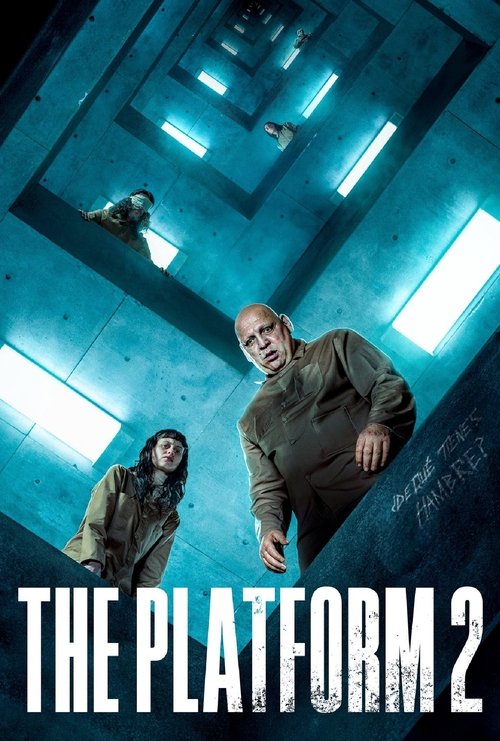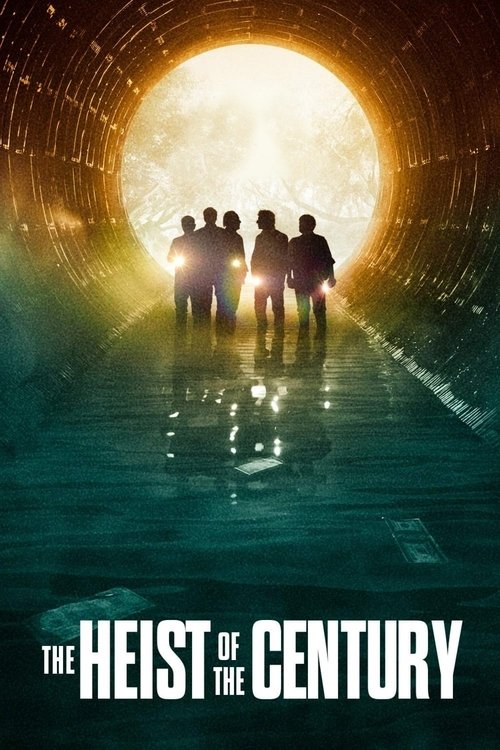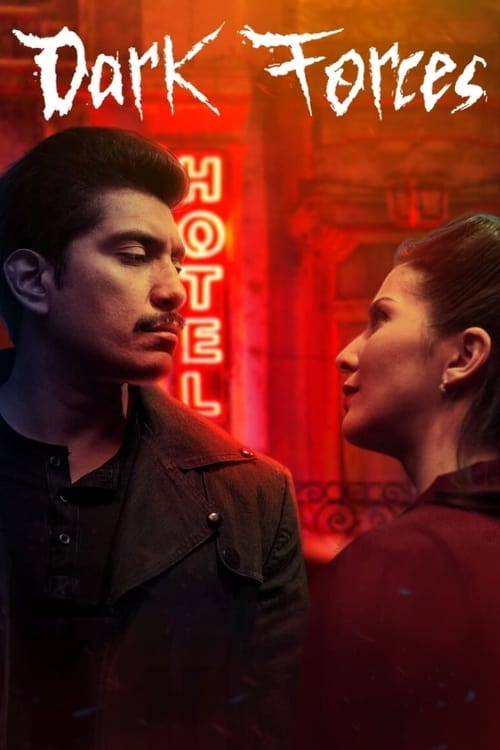
Ask Your Own Question
What is the plot?
What is the ending?
In the ending of "Code Name: Emperor," the protagonist, Juan, faces a moral dilemma as he navigates the treacherous waters of espionage and betrayal. Ultimately, he makes a choice that leads to a confrontation with his superiors, resulting in a dramatic and tense resolution that leaves his fate uncertain. The film concludes with a sense of ambiguity regarding loyalty and the cost of power.
As the final act unfolds, we find Juan, a skilled intelligence officer, grappling with the weight of his decisions. The tension in the air is palpable as he prepares to meet with his superiors, who have been orchestrating a complex web of deceit. The scene is set in a dimly lit conference room, where shadows dance across the walls, mirroring the moral ambiguity of the situation. Juan's heart races as he recalls the faces of those he has betrayed, the lives he has impacted, and the choices that have led him to this moment.
In a pivotal scene, Juan confronts his superior, a cold and calculating figure who embodies the ruthless nature of the intelligence community. The dialogue crackles with tension as Juan questions the ethics of their operations, revealing his internal struggle. He is torn between his duty to his country and his growing disillusionment with the methods employed by those in power. The camera captures the flicker of doubt in Juan's eyes, a reflection of his internal conflict.
As the confrontation escalates, Juan makes a bold decision. He chooses to expose the corruption within the agency, risking everything he has worked for. The stakes are high, and the atmosphere is charged with a sense of impending danger. His superior, realizing the threat Juan poses, reacts with fury, leading to a tense standoff. The scene is fraught with emotion, as Juan stands firm in his convictions, embodying the struggle between right and wrong.
In the climax, the confrontation reaches a boiling point. Juan's actions trigger a series of events that spiral out of control, culminating in a chaotic sequence of betrayal and violence. The camera follows Juan as he navigates through the chaos, his heart pounding, adrenaline coursing through his veins. He is pursued by agents who once considered him an ally, now turned adversaries. The stakes have never been higher, and the tension is palpable as he fights for his life and the truth.
As the dust settles, the fate of the main characters hangs in the balance. Juan, battered but unbroken, manages to escape, but not without consequences. His decision to expose the corruption has put him on the run, leaving him isolated and hunted. The final scenes depict him in a safe house, looking out at the city skyline, a mixture of relief and uncertainty etched on his face. He has chosen a path of integrity, but it comes at a steep price.
Meanwhile, his superior faces the fallout of Juan's revelations. The agency is thrown into disarray, and the once-powerful figure is left vulnerable, a stark reminder of the fragility of power. The film closes with a lingering sense of ambiguity, leaving the audience to ponder the true cost of loyalty and the moral complexities of the world of espionage.
In summary, the ending of "Code Name: Emperor" encapsulates the themes of betrayal, moral conflict, and the consequences of one's choices, leaving the audience with a haunting reflection on the nature of power and integrity.
Is there a post-credit scene?
In the movie "Code Name: Emperor," there is no post-credit scene. The film concludes its narrative without any additional scenes after the credits roll, leaving the audience with the finality of the story and the resolution of the main character's journey. The focus remains on the intense and intricate plot that unfolds throughout the film, emphasizing the themes of loyalty, betrayal, and the moral complexities faced by the protagonist.
What role does the setting play in the development of the plot?
The setting of 'Code Name: Emperor' shifts between various locations, including bustling urban environments and isolated safe houses. Each location serves to heighten the tension and reflect the characters' emotional states. For instance, the claustrophobic nature of the safe houses amplifies Juan's feelings of entrapment, while the vibrant cityscapes contrast with the dark undertones of his mission, symbolizing the duality of his life as both a family man and a spy.
What is the significance of the character Juan in the story?
Juan is a pivotal character in 'Code Name: Emperor,' serving as a double agent whose internal conflict drives much of the narrative. His motivations stem from a desire to protect his family while navigating the treacherous waters of espionage. As he becomes more entangled in the web of deceit, his emotional turmoil intensifies, showcasing his struggle between loyalty to his country and the safety of his loved ones.
How does the relationship between Juan and his handler evolve throughout the film?
The relationship between Juan and his handler, a seasoned intelligence officer, begins with a mentor-mentee dynamic. Initially, the handler sees potential in Juan, but as the plot unfolds, their relationship becomes strained. Juan's growing independence and moral dilemmas lead to tension, as the handler's expectations clash with Juan's personal ethics. This evolution highlights the complexities of trust and betrayal in the world of espionage.
What are the key turning points in Juan's character arc?
Juan's character arc is marked by several key turning points, including his initial recruitment into the intelligence agency, the moment he discovers the true nature of his mission, and his ultimate decision to defy orders to protect his family. Each turning point is laden with emotional weight, showcasing his transformation from a compliant agent to a man willing to risk everything for his loved ones, reflecting his internal struggle and growth.
How does the film portray the theme of loyalty through its characters?
Loyalty is portrayed through the conflicting allegiances of the characters, particularly Juan and his handler. As Juan grapples with his duties to the agency versus his loyalty to his family, the film illustrates the complexities of trust. The handler's unwavering commitment to the agency contrasts with Juan's evolving sense of loyalty, creating a rich tapestry of relationships that explore the sacrifices made in the name of duty and love.
Is this family friendly?
"Code Name: Emperor," produced in 2022, is not considered family-friendly due to its mature themes and content. Here are some potentially objectionable or upsetting aspects that may occur:
-
Violence: The film contains scenes of physical confrontations and violence that may be intense or graphic, which could be distressing for younger viewers.
-
Political Intrigue: The narrative involves complex political themes, including espionage and betrayal, which may be difficult for children to understand and could evoke feelings of confusion or anxiety.
-
Mature Language: There are instances of strong language that may not be suitable for younger audiences.
-
Emotional Turmoil: Characters experience significant emotional struggles, including betrayal, loss, and moral dilemmas, which could be upsetting for sensitive viewers.
-
Themes of Corruption: The film explores themes of corruption and manipulation within government and intelligence agencies, which may be unsettling for some audiences.
These elements contribute to a tone that is more appropriate for adult viewers rather than children.




































